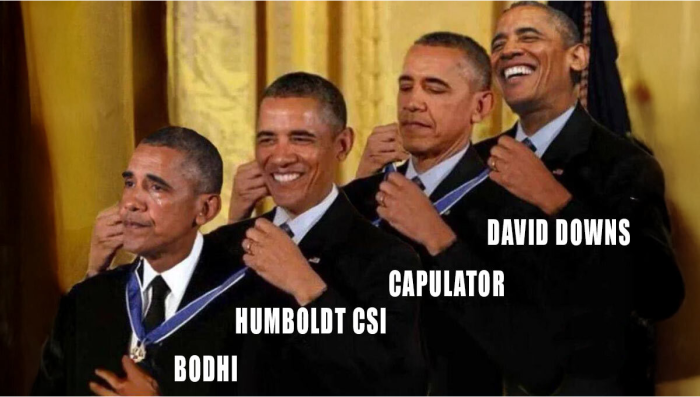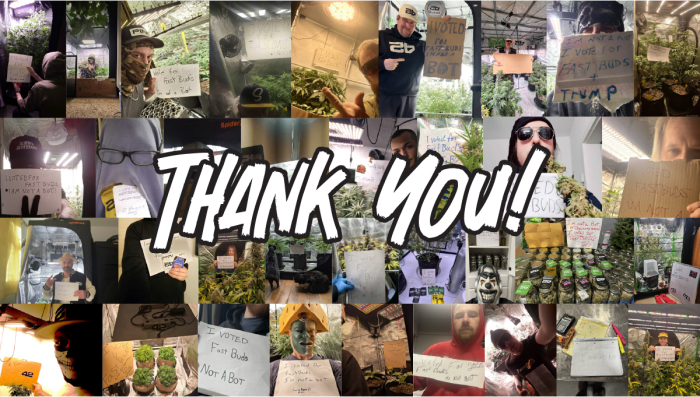US Anti-Doping Agency Can’t Change Cannabis Rules Alone

The leaders of the US Anti-Doping Agency wrote a letter to members of the US Congress in regards to Sha'Carri ban from the Olympics, claiming that they’re pushing to alleviate harsh consequences for cannabis consumption if it’s not used to enhance performance but cannot change the rules by themselves.
A Letter To The Congress
The US Anti-Doping Agency (USADA) sent a letter to representatives addressing Sha’Carri Richardson’s issue. The 21-year-old athlete will not compete at the upcoming Olympics due to testing positive for cannabis after her victory at the Olympic trials. The athlete received a 30-day ban and the positive test nullified her first-place at the Olympic trials which caused the USA Track and Field to take her out of the 4x100 relay, which the representatives criticized.
The letter sent last Friday mentioned the UFC which does not penalize for using cannabis if it’s not for performance-enhancing but, according to the USADA, the Olympics are signed by the US Olympic and Paralympic Committee, so they cannot follow the same path. In the letter, the USADA claims that most governments have been very reluctant to take cannabis off the prohibited list and claims that, back in 2004 when cannabis was included in the list, the US government was one of the strongest advocates for the inclusion.
Richardson Voluntarily Accepted the Sanction
Experts claim that the letter mentioned the prohibited list to show how the US government does not want to remove cannabis from the list just yet, so any attempt to reverse the sanction would have resulted in an even longer suspension. The World Anti-Doping Agency (WADA) claims that the ban on cannabis is unnecessary stress on athlete’s lives, the rule is antiquated and should be changed as cannabis is legal in more than 19 states in the US and at least decriminalized in more than 35 countries around the world.
In response, the USADA mentioned that most governments have been very reluctant to take cannabis off the prohibited list for public health reasons and it will take longer until the required research is concluded and they can evaluate how to do it in the safest way possible.









Comments